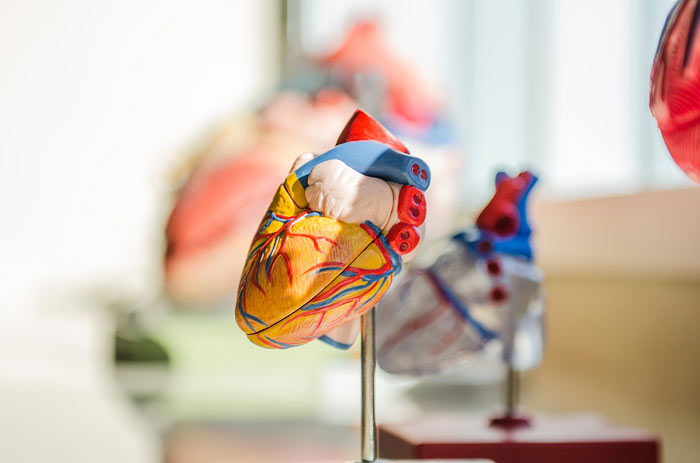We all feel a little lethargic when the weather is terrible, and it’s almost always dark. Read on to find out how cold affects your body and health.

Doctors confirm that some people may experience health problems during the cold season. This is especially true for those over 65 years old who already suffer from serious diseases.
However, young people should also be careful in the cold season. We will talk about health risks that are exacerbated in winter.
Thrombus formation
Studies have shown that the likelihood of blood clots increases in the winter. The authors of a study conducted by a hospital in Nice suggested that respiratory tract infections, more common during the cold season, could make patients more vulnerable to blood clots. They also hypothesized that cold weather could cause blood vessels to constrict, increasing the chance of thrombosis.
Heart attacks
A recent study found that people exposed to cold are more likely to suffer a heart attack. Researchers at Lund University in Sweden found that the average number of heart attacks per day was significantly higher in cold weather compared to warm weather. When the average temperature was below zero, it brought four more heart attacks a day.

It is believed that the risk of heart attacks is higher in cold weather because the body reacts to the sensation of cold by constricting superficial blood vessels. This increases blood flow through the arteries and reduces heat levels in the skin.
The body begins to tremble, and the pulse rate increases to warm all the limbs – these “responses” of the body can put additional stress on the heart and sometimes end in seizures.
Discomfort in the intimate area
In cold weather, the intimate area can suffer from a variety of factors that cause dryness and discomfort. Some of our favorite winter habits, such as taking hot baths, wearing heavy clothes, and even dry air from turning on central heating, can disrupt the vaginal microbiome.
Experts point out that multiple layers of clothing, such as trousers over tights, can restrict air from reaching intimate areas, causing dryness and irritation in “sealed” conditions. Such conditions are ideal for infections like cystitis and thrush, which many women complain about in cold weather.
Incontinence
A study by women’s tech brand Elvie found that 45% of British women use the bathroom more often during the cold season.

When you are cold, your blood vessels constrict to deliver more blood and heat to your vital organs. This means that your blood pressure temporarily rises, and in order to control the pressure, the kidneys filter out any excess fluid, resulting in the need to urinate more often. However, it is not recommended to ignore body signals, as this can lead to pelvic floor tension, which can cause other symptoms.
Unstable mood
In the cold season, many suffer from the seasonal affective disorder, or, as it is also called, “winter depression”. This condition can seriously impact daily activities, so it is worth paying attention to the psychological state of everyone around you, as well as your own state.
Although the exact cause of the seasonal affective disorder is unclear, experts suggest that it may be due to the lack of sunlight during the winter. Its deficiency can interfere with the normal functioning of the hypothalamus.
Light is known to affect the body’s production of melatonin, a hormone that causes drowsiness. It may also be the level of serotonin, which affects mood, appetite and sleep, as well as the body’s internal biological clock. In winter, well-established cycles often go astray, causing insomnia, anxiety, and even apathy.
Dandruff
Dandruff is more common during the cold season, which is not surprising: lower temperatures, turning on the central heating and eating dairy products on the eve of Christmas create an ideal environment for developing skin diseases.

For many people, dandruff occurs when the scalp microbiome becomes imbalanced. Yeast naturally lives on the scalp and usually does not cause any problems.
However, a certain type of yeast called Malassezia overgrows can cause skin cells to divide too quickly, causing flaking and itching. The situation can be exacerbated if you shampoo your hair infrequently, have a naturally oily scalp, or are sensitive to normal levels of this yeast.
Increased asthma attacks
Asthma UK believes winter can be difficult for people with asthma as cold weather, colds, flu and other infections are more common and can trigger life-threatening asthma attacks.

Experts advise ensuring you carry your reliever inhaler with you and continue to use your regular preventative inhaler as prescribed.
They also recommend using a scarf to filter cold air. Loosely wrap the scarf around your nose and mouth to warm the air before inhaling it, as cold air is another trigger for an asthma attack. It can also be helpful to exercise indoors during the freezing weather.










